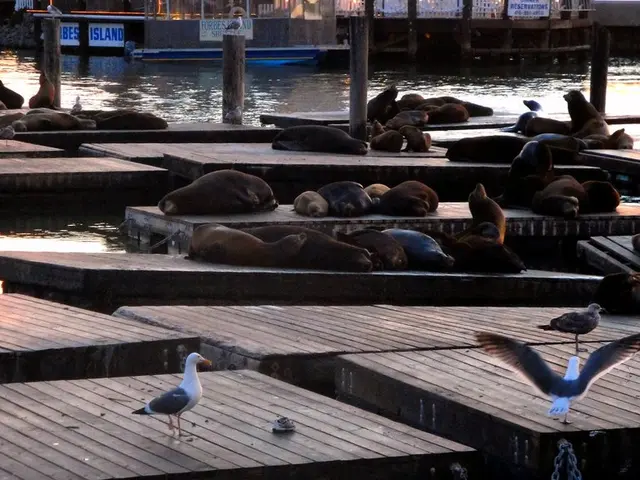Russia Expands Nuclear Power Influence, Targeting Africa for Growth
Russia is expanding its nuclear power influence globally, with a particular focus on Africa. The country aims to increase Rosatom's annual revenue to $56 billion by 2030, seeing the continent as a key 'growth point'.
Russia is actively building nuclear power plants in countries like Bangladesh, Turkey, and Hungary. It also has plans to construct plants in Ethiopia and Niger. These projects create long-lasting political ties and often involve favorable financing terms.
Post-Ukraine war, Russia lost a European nuclear contract in Finland. However, it's not shut out in Europe, planning solar and nuclear projects in Burkina Faso and Mali. Russia's strategy includes signing memoranda with countries in the Americas and Africa, such as Zimbabwe, Mali, Burkina Faso, and Brazil, to build or modernize nuclear plants. Between 2010 and 2020, Russia granted credits worth a total of $60 billion for these projects.
Russia is exporting innovative technology, such as small modular reactors, to countries like Uzbekistan. It's involved in about half of all international nuclear agreements and holds a third of the global market share for new reactors. These exports foster long-term partnerships with countries in the Global South, helping Russia circumvent Western sanctions.
In response, the USA, UK, Japan, Canada, and France have formed the 'Sapporo 5' alliance to push Russia out of the nuclear fuel market.
Russia's nuclear power expansion, particularly in Africa, is driven by economic and geopolitical goals. Despite setbacks in Europe, Russia continues to pursue these projects, facing international competition and alliances.








